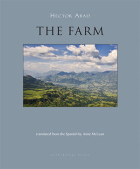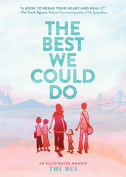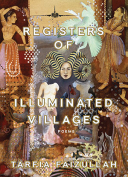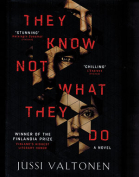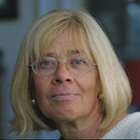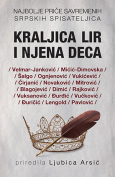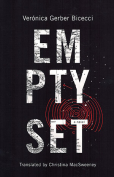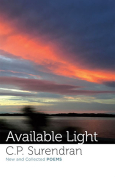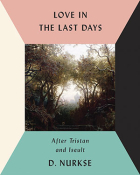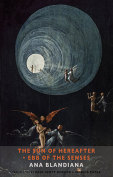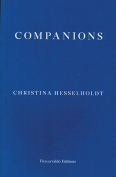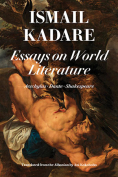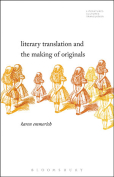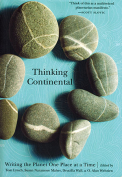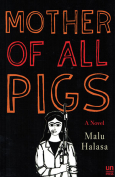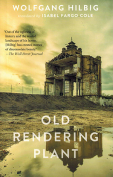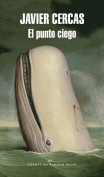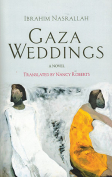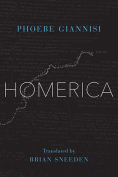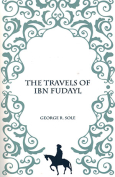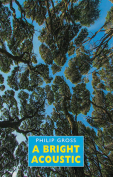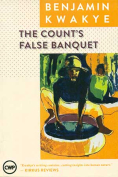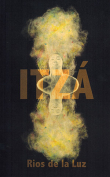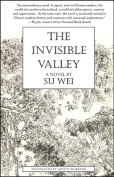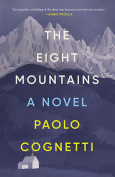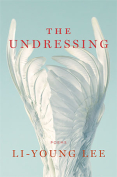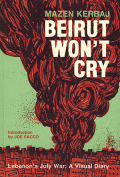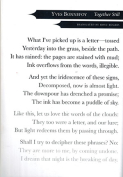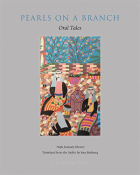Registers of Illuminated Villages by Tarfia Faizullah
 Minneapolis. Graywolf Press. 2018. 112 pages.
Minneapolis. Graywolf Press. 2018. 112 pages.
Even though we now have the scientific ability to understand the various regions of the world our ancestors came from, and even time frames of ancestral migrations, we still seek to understand our identities and genetic codes. In her second book, Registers of Illuminated Villages, Tarfia Faizullah seeks to identify, explicate, and interrogate the experiences the speaker of the collection continually negotiates as she attempts to understand and question her world, and much of the material used to do this is full of pain, acceptance, hunger, and desire.
The overarching metaphor of eliminated (or, as Faizullah reimagines it, “illuminated”) villages underpins the narratives of the book and immediately elevates the reader’s empathy. Faizullah teaches us in the epitaph for the opening poem, “Register of Eliminated Villages,” that a reporter for Frontline described holding “a register which lists 397 eliminated . . . Kurdish villages in northern Iraq . . . a very decorated, pretty thing.” In the poem that follows this epitaph, Faizullah instructs the reader to understand that traumas embedded in DNA are indeed passed on to future generations, as she writes, “Somewhere in this insomniac night / my life is beginning / without me.”
Early in the book, the poem “The Sacrifice” presents an uncomfortable rite of passage wherein the poem’s young speaker first witnesses death. She watches with her cousins, hears an uncle say, “It is / important / to observe / death,” as if we, too, stand in the crowd of family. The speaker learns that there is always a rationale for killing, and that to be part of that culture means reconciliation with and acceptance of it, which we may take beyond this moment and apply to the taking of lives more broadly. The speaker says the goat was “steam-soft and spice-bold” and admits, “I ate her between my cousins, / licked / my palm,” and concedes, finally, “Yes, / I savored / her more than / once.” We witness the coming of age, seemingly of all humanity, in a moment of one child’s discovery of unfiltered desire.
Identity is never simple, and Faizullah’s central speaker allows us to witness an intimate portrait of a young woman straddling two very different cultures, even showing us the Iraqi language propped up next to a Texan “y’all” here and there—and yet those places seem, at times, oddly similar. Registers of Illuminated Villages is a register, itself, of a woman who seeks to understand herself. It keens for us and sings. This book prays and chants and screams and hums, and it projects a harsher tone than her first. Swear words dot the landscape like desert cacti and fold into the soft-textured language of orange sunsets and starfish skies. They mark a staccato of gunshots through the tapestry of memory and, perhaps unexpectedly, deep love. After reading this book, I cannot help but feel that I have prayed, cried, and kicked back a few drinks—then laughed with an old friend.
Sarah Warren
University of North Texas
